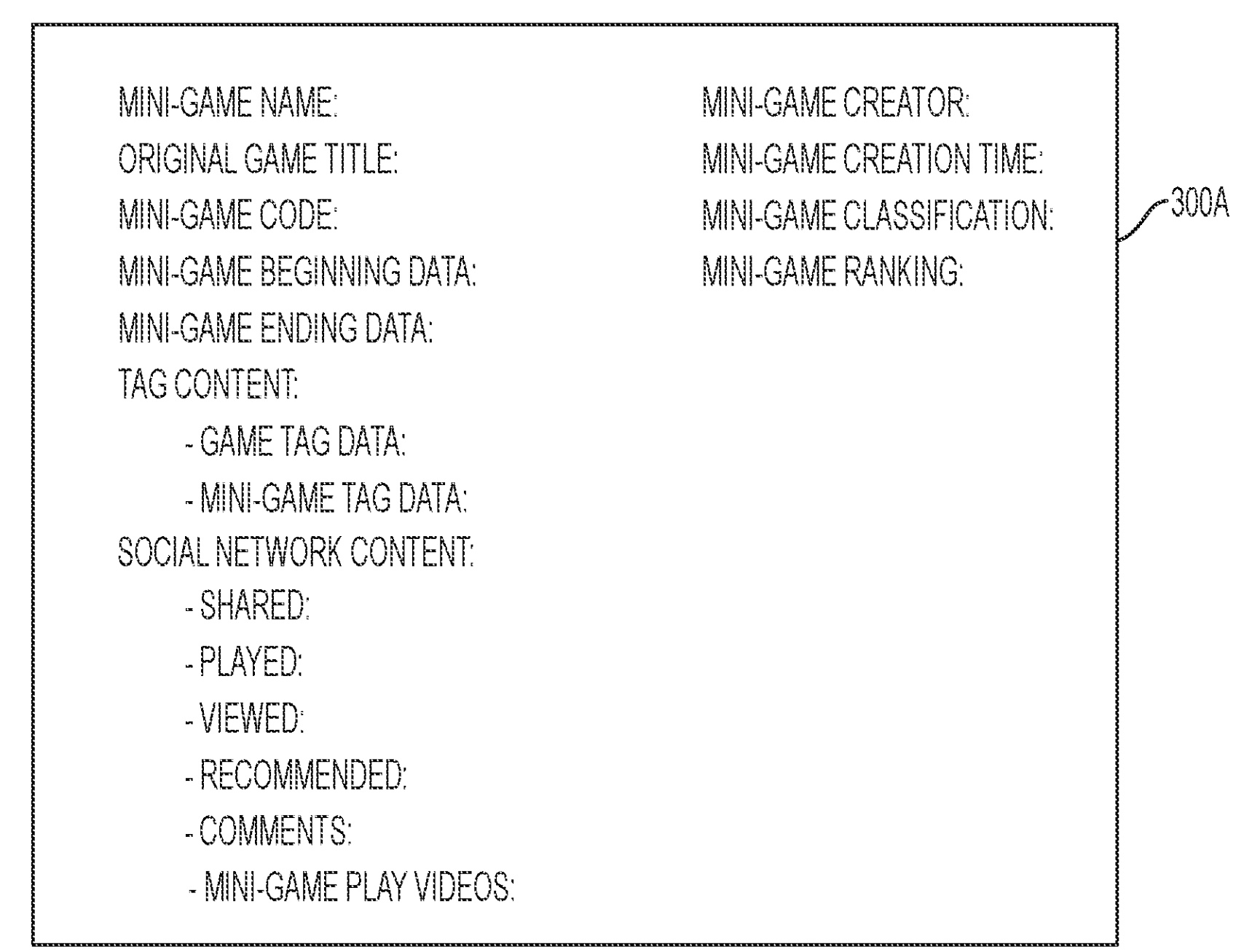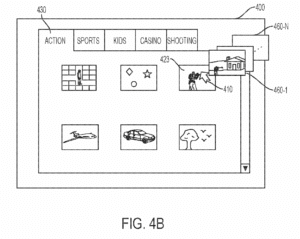A recently published Sony patent apparently intends to give players access to minigames from various titles, all available through the Cloud. This could very well eliminate the need for players who like a particular mini-game to go back into a full game to gain access to it through various methods, according to the patent.
The services, in the context of gaming, enable streaming of content to remote clients, wherein most processing is done on servers, without the need for dedicated gaming hardware at the client’s location.

Various high-profile video games have included collections of mini-games that can provide distractions from the actual plot, such as the Resident Evil 4 Remake shooting gallery or Star Wars Jedi: Survivor’s tabletop gaming challenges. Sony’s patent would allow gamers to easily access these minigames without returning to the full games or, as the patent says, without needing gaming hardware.
Cloud gaming, therefore, has been increasing in popularity because users find it easier to access more titles without complex hardware restrictions and game suppliers find it easier to manage game code from centralized locations.

Various other cloud-based gaming services, such as Playstation Now and Xbox Game Pass have both become quite successful, so it stands to reason that Playstation wants to take it to the next level not just with full video games, but minigames, too. The patent even remarks on similar processes to these services.
Cloud systems, using computing resources (hardware and software) deliver services over a network (typically the internet). In the context of gaming, the services enable streaming of content to remote clients, wherein most processing is done on servers, which may be distributed.
Such applications of cloud gaming can even build upon a previous Sony patent that would allow user-generated content from existing games. With such content being passed around the Cloud, Sony may be intending to make a whole new era of user-generated content. Either way, we’ll have to see how this patent’s usage pans out later in the future.

